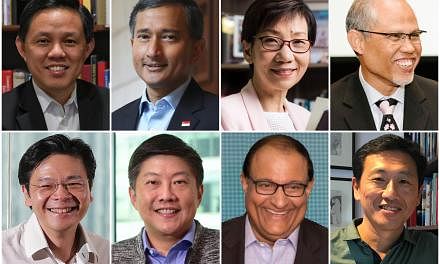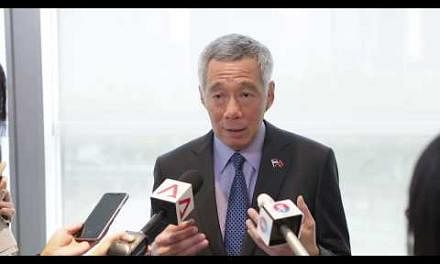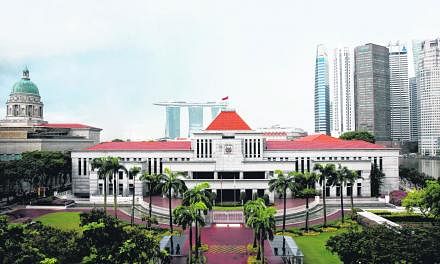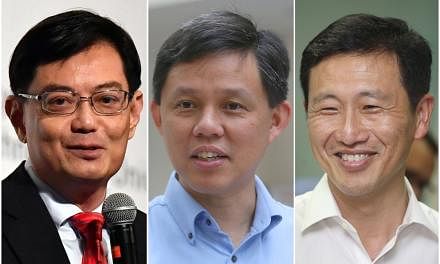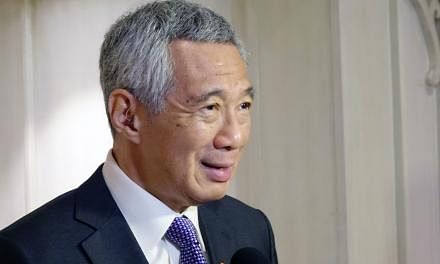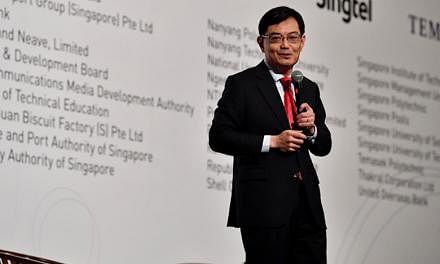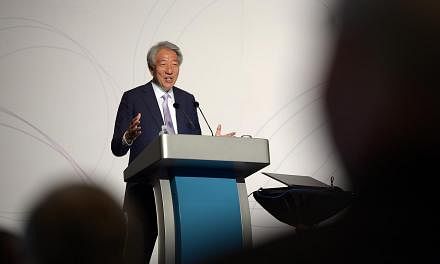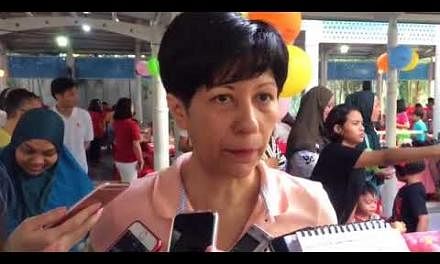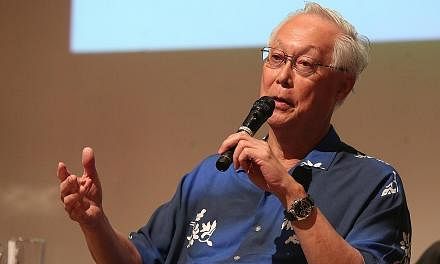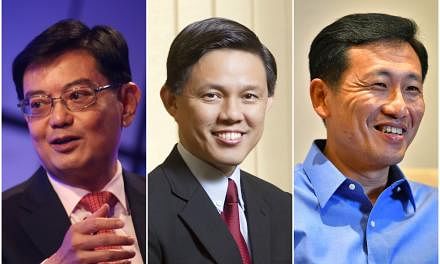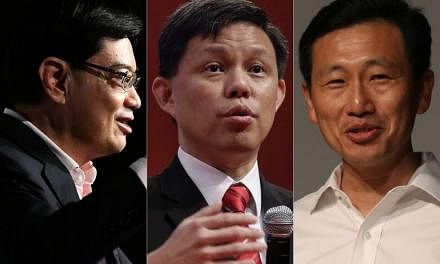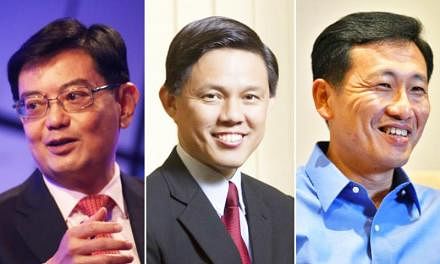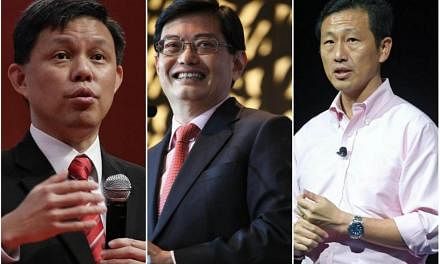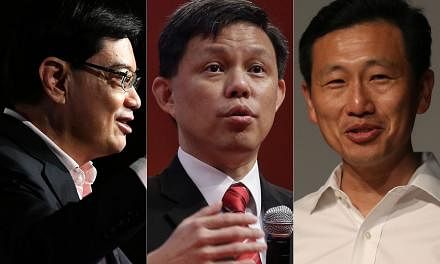SINGAPORE - Singapore has to ensure that its top government leaders - whether political leaders, civil servants or Members of Parliament - need to come from a wide range of sectors, with different expertise, outlooks in life and views about Singapore's future.
"And I think if we have not done well enough, then we need to try harder," said Education Minister (Higher Education and Skills) Ong Ye Kung on Sunday (April 1).
"That has to be the direction going forward because I think that diversity will help us in the long term," he added.
Mr Ong was responding to a question posed by a participant during a youth forum on the theme "Thriving in a disruptive world". She had observed that Singapore's top graduates tend to come from similar backgrounds - which she said can lead to them all having the same views, and asked what can be done.
In replying, the minister suggested that she may have been referring to the very top level of government, and was asking whether they are all from the same mould. "We do our best," he said, adding that the Government strives to ensure diversity.
More than 300 young people from institutes of higher learning, local and overseas clan associations attended the World Jin Jiang Youth Raffles Forum held at the Raffles City Convention Centre, which was organised by the Singapore Chin Kang Huay Kuan Youth Group, Business China and other partners.
The dialogue touched on themes such as the rise of China, how Singapore can stay competitive in the international market and social inequality.
Another participant asked Mr Ong what can be done to ensure a fairer playing ground for students who come from families that are not as well-to-do.
To this, Mr Ong said that the Ministry of Education (MOE) has been expanding pre-schools and reserving one-third of places in MOE Kindergartens for lower-income students.
Compared to the past, there are fewer Singaporeans from the lower socio-economic status (SES), he said. Still, it would be valuable to have a national conversation on what can be done to help these students.
"We acknowledge today we have a smaller group but from a lower SES, without the opportunities, unable to pull themselves up.
"We got to think of ways (to help them). These are the kind of things where a national conversation would be very useful - companies, schools, institutions may have some ideas on how to do it, let's try our best.
"I think we owe it to the whole of Singapore to do this well, but be careful, don't have a solution that is worse than the problem, remember what helped us uplift everybody."
He noted that today, "the irony is that whether it is the Primary School Leaving Examinations (PSLE), scholarship system or school system, people say those are the reasons why certain groups are stuck at the bottom".
But these are the systems that have been the greatest levellers in Singapore, said the minister. They significantly shrunk the number of lower-income Singaporeans compared to 30 or 50 years ago, when more were from poor families, he added.
The PSLE, said Mr Ong, is an objective examination system. "It's up to you to do your best, and if you do your best, you go to the secondary school of your dreams, and then you can do well from there."
And scholarships are one feature of Singapore's larger system of meritocracy, "where regardless of is your background and what kind of homes you grew up in, if you demonstrate that kind of achievement and ability there are scholarships, there's assistance, there are ways to lift you up and help you achieve in life."
"We were able to move up thanks to these major features in the system, so don't throw the baby out with the bathwater."
Mr Ong's comments come at a time when social inequality is once again in the limelight, following an Institute of Policy Studies survey that found that class divisions could be the sharpest divide in Singapore, and awell-reviewed book by sociologist Teo You Yenn on the issue.


